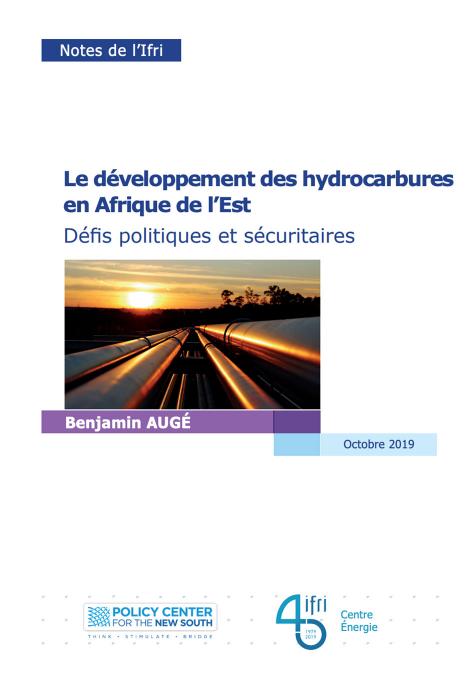Podcasts
La relance du marché pétrolier et l'avenir de la sécurité énergétique
15
February
2021
Related topics:
Assurer la sécurité énergétique d'une population croissante est l'un des défis majeurs des prochaines décennies. Au terme de la première moitié de 2020, la pandémie du coronavirus a gravement perturbé les marchés pétroliers et a provoqué une baisse significative des cours du pétrole, soulevant ainsi de nouveaux défis pour le secteur de l’énergie aussi bien du côté de la demande que du côté de l’offre. A la lumière de ces observations, Francis Perrin, Senior Fellow au Policy Center for the New South, explique en profondeur les répercussions de la crise du coronavirus sur les marchés pétroliers et discute les perspectives de la sécurité énergétique.








